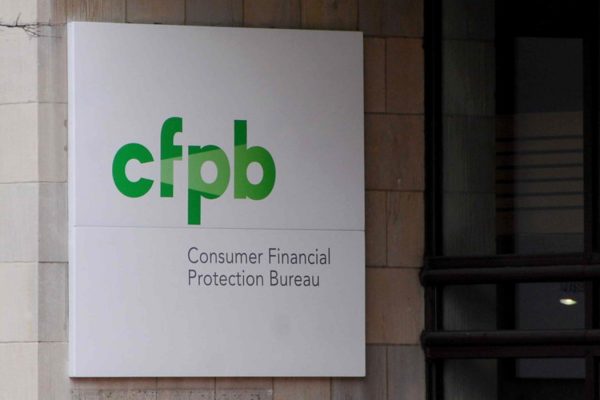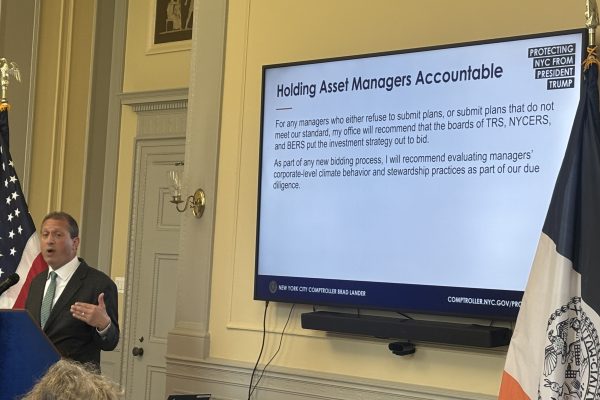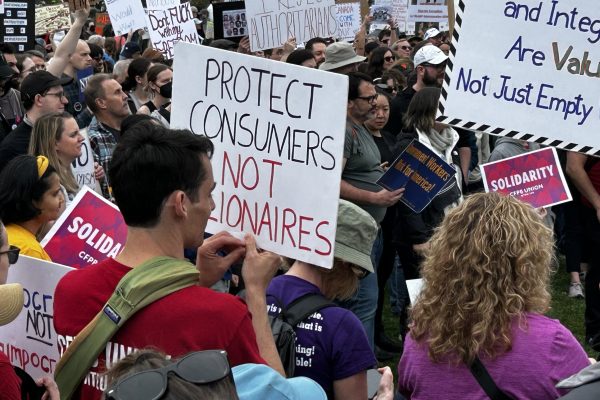Blog: Trump CFPB Gives Big Tech Another Present by Dropping PayPal Case
Another Musk/Big Tech giveaway occurred this week as the Consumer Financial Protection Bureau dropped its case against PayPal for skirting prepaid card rules that apply to gift cards and re-chargeable payment apps.









